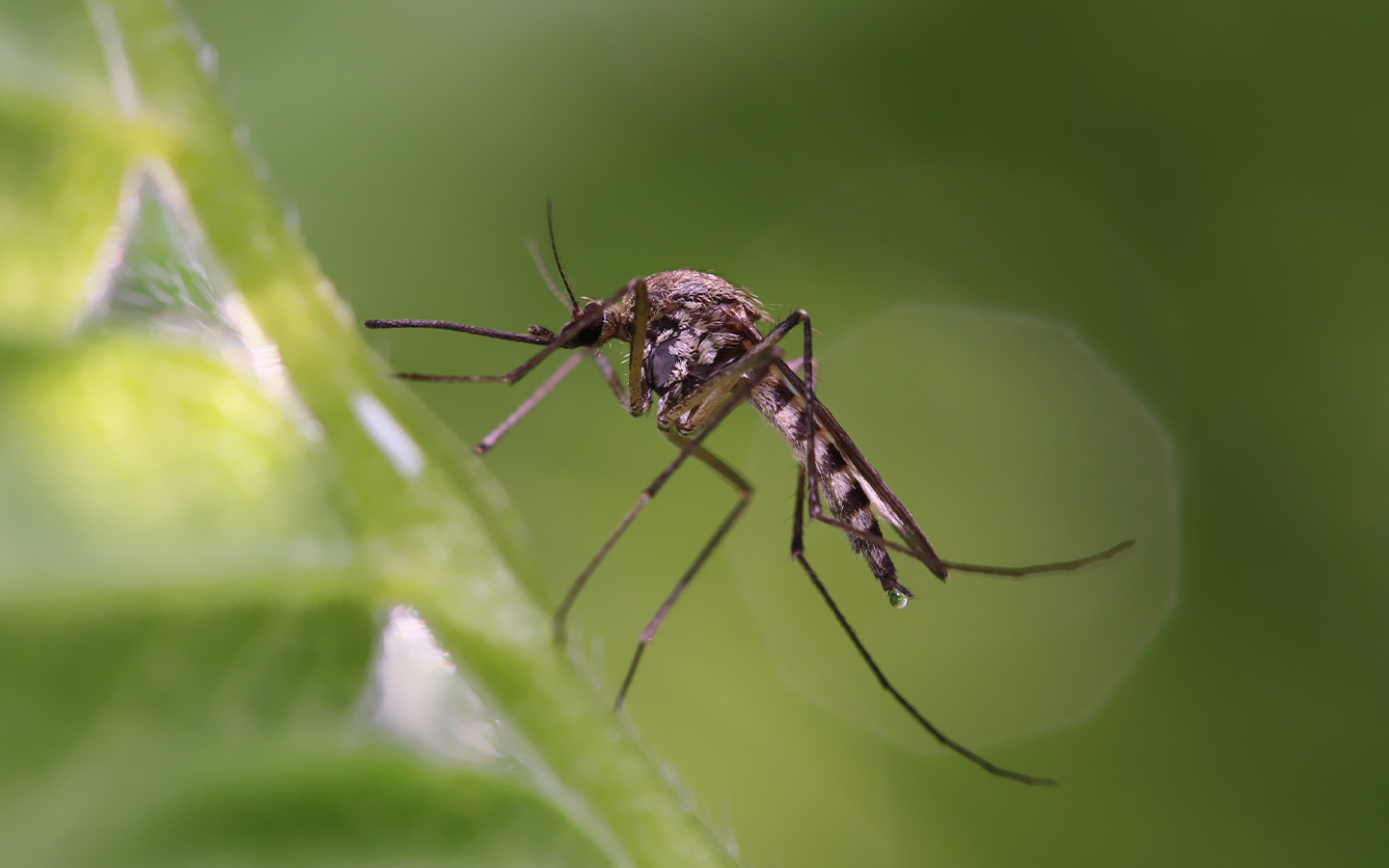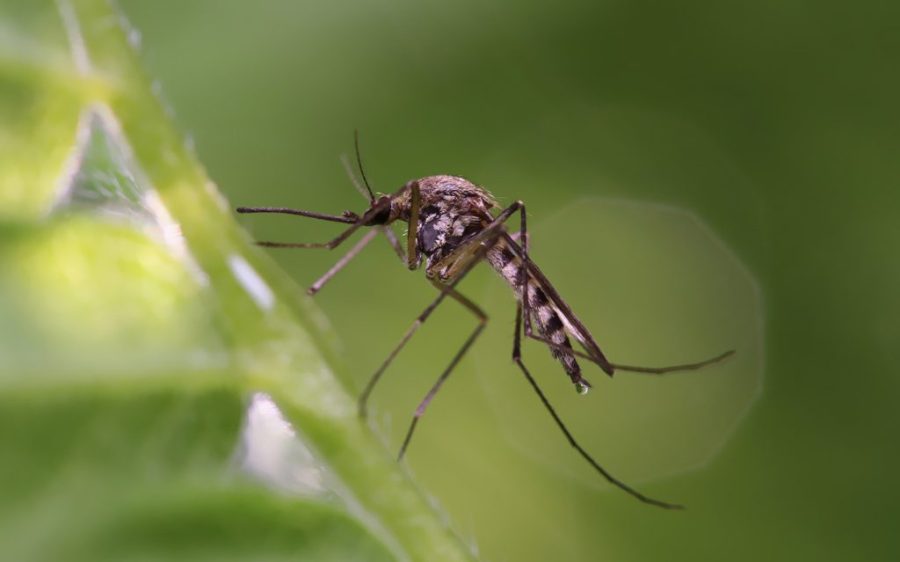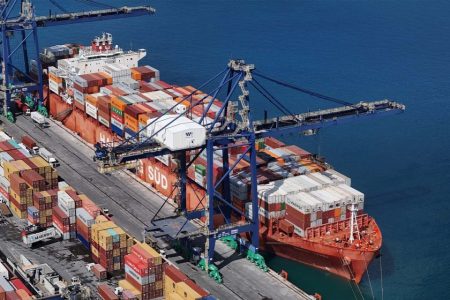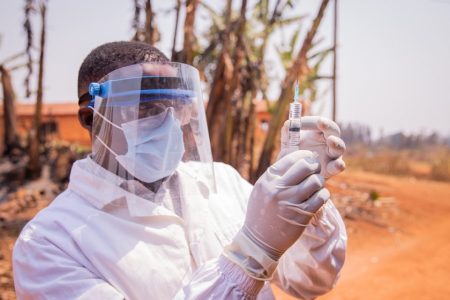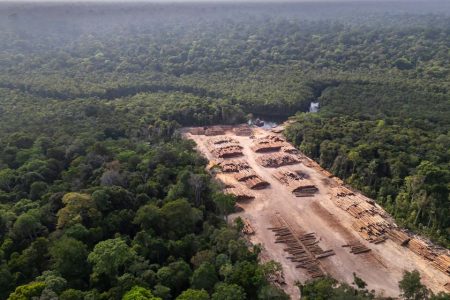A year into an outbreak of dengue fever in Cabo Verde, the mosquito-borne disease has claimed the life of a fifth victim, reports VOA Portuguese.
The West African archipelago has recorded 20,968 suspected cases since the outbreak began in November 2023, of which 13,827 are confirmed. The latest death was recorded on Sunday in the municipality of Santa Cruz on Santiago, where the outbreak began and the most affected locale in the country.
A two-month contingency situation declared by the government in early October seems to have done little to slow the growth in cases, which have more than doubled in the month since. An alert issued in August proved similarly ineffective against the spread.
[See more: Dengue fever continues to spread locally in Macao]
Dengue is a viral infection spread to people through the bites of infected Aedes species mosquitoes, which also transmit Zika and chikungunya viruses. It is commonly found in tropical and sub-tropical regions and tends to spike during periods of high heat and rainfall. The rainy season in Cabo Verde, which lasts from July to October, helped fuel the recent surge.
The current outbreak is only the second in the country’s history, the first occurring in 2009 when the disease first arrived in Cabo Verde. With around 21,000 cases and six deaths, it was the first major dengue outbreak in West Africa and believed at the time to be the largest on record in Africa.
While most people don’t develop symptoms of dengue, and those who do generally recover in a week, for a few the infection can lead to hospitalisation and even death. Prevention and control of the disease depends on controlling the vectors and proper medical care catching symptoms earlier, which can greatly reduce fatality rates.
